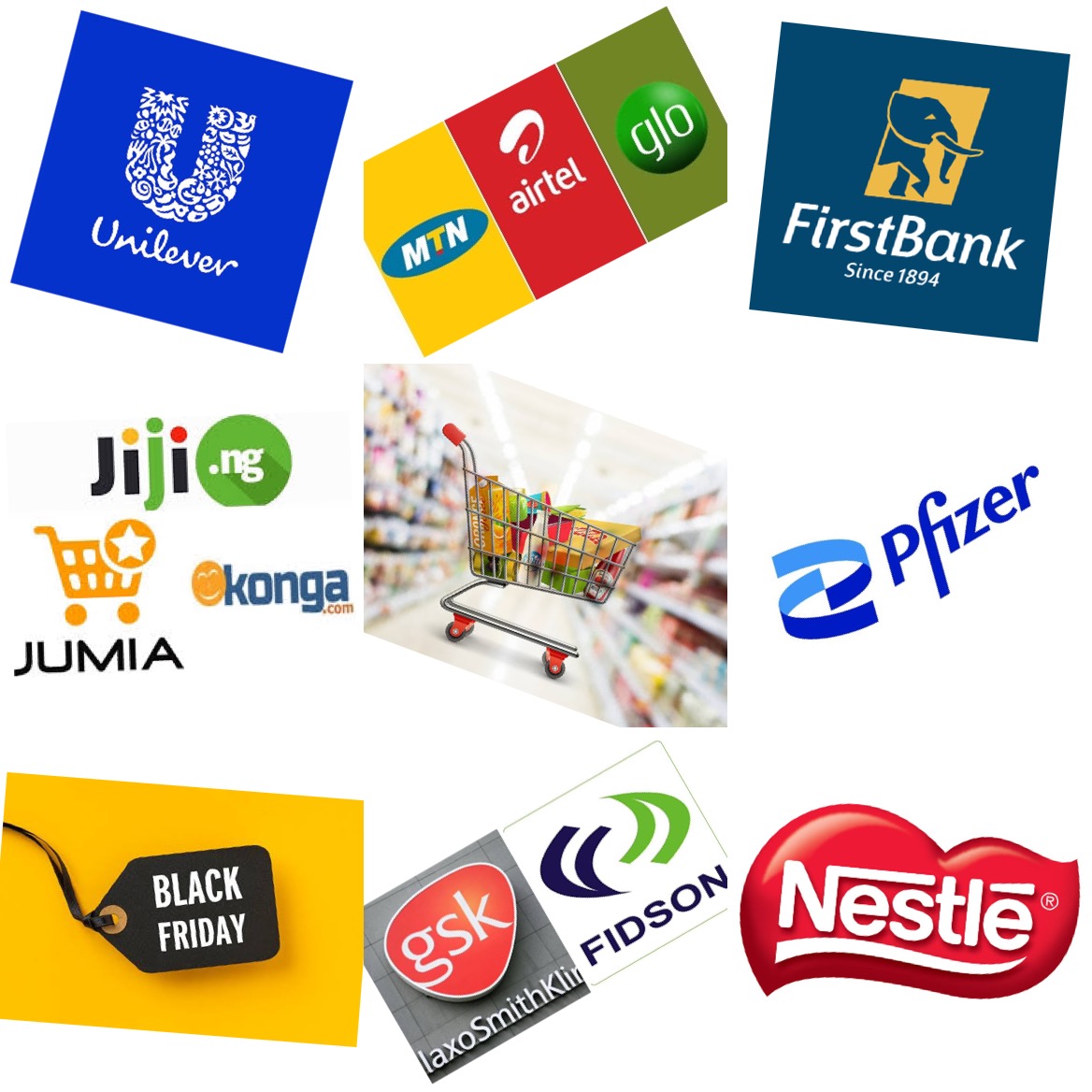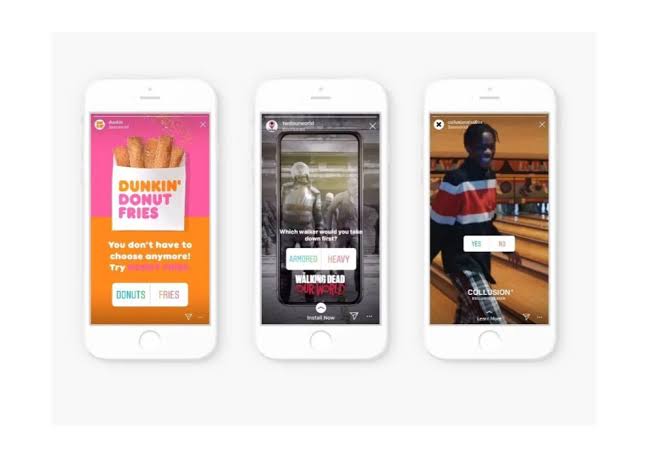By Felicia Nwosu
The global branding agencies market, valued at USD 13.6 billion in 2023, is set to expand to USD 16.5 billion by 2031, growing at a CAGR of 4.5% through the forecast period, according to Verified Market Research. This growth is largely driven by heightened demand for specialized branding strategies that resonate with digitally oriented and experiential-focused audiences, pushing agencies to continuously evolve their service offerings.
The branding agencies market is thus on a steady upward trajectory, supported by the increased sophistication and demand for branding services tailored to each client’s unique needs and market environment. This growth reflects the pivotal role branding agencies play in helping companies adapt to changing consumer behavior, advancing technology, and competitive pressures across the globe.
The report revealed that increased reliance on digital branding tools and the expansion of brand identity strategies are central to the market’s growth, enabling brands to cultivate stronger connections with consumers through various channels, including online platforms, experiential events, and personalized brand communications.
Its data analysis indicated that largest players, such as Interbrand, Landor Associates, and Siegel+Gale, continue to shape the landscape with offerings spanning digital branding, brand strategy, and rebranding, ensuring clients gain a competitive edge by crafting unique identities and customer experiences.
The analysis also showed that regional demand for branding services varies significantly, where North America leads in market share, driven by high demand from large corporations in the U.S. and Canada.
Meanwhile, it reported that Europe’s branding market emphasizes cultural diversity, with tailored branding strategies adapting to regional nuances across the UK, Germany, and France.
Also, it equally reported that the Asia-Pacific region is experiencing rapid growth due to increased urbanization and digital transformation, particularly in China, India, and Japan, where a booming middle class demands sophisticated brand engagement.
Emerging markets in Latin America and the Middle East & Africa are also expanding, with countries like Brazil, Mexico, and the UAE showing increased interest in both digital and traditional branding approaches.
In its details, competitive landscape for branding agencies remains intense as agencies aim to distinguish themselves through strategic innovation, brand management, and client loyalty programs.
It however noted that the market faces challenges, including economic uncertainty, intense competition, and evolving technology that requires agencies to continuously update their branding strategies, while adding that demonstrating ROI also remains a critical hurdle, as brands seek tangible outcomes from their investments in brand identity and communication.
The market’s segment diversity, ranging from brand strategy and digital branding to brand communication and rebranding, underscores the complexity of client needs while consumer goods, technology, and healthcare brands rely heavily on branding agencies to reinforce trust and reliability.
Meanwhile, industries like retail, hospitality, and e-commerce focus on creating impactful customer experiences through omni-channel strategies, maintain that, public sector and nonprofit clients utilize branding to foster community engagement and public trust, emphasizing authenticity and clarity in their messages.






Comment
No comments found.